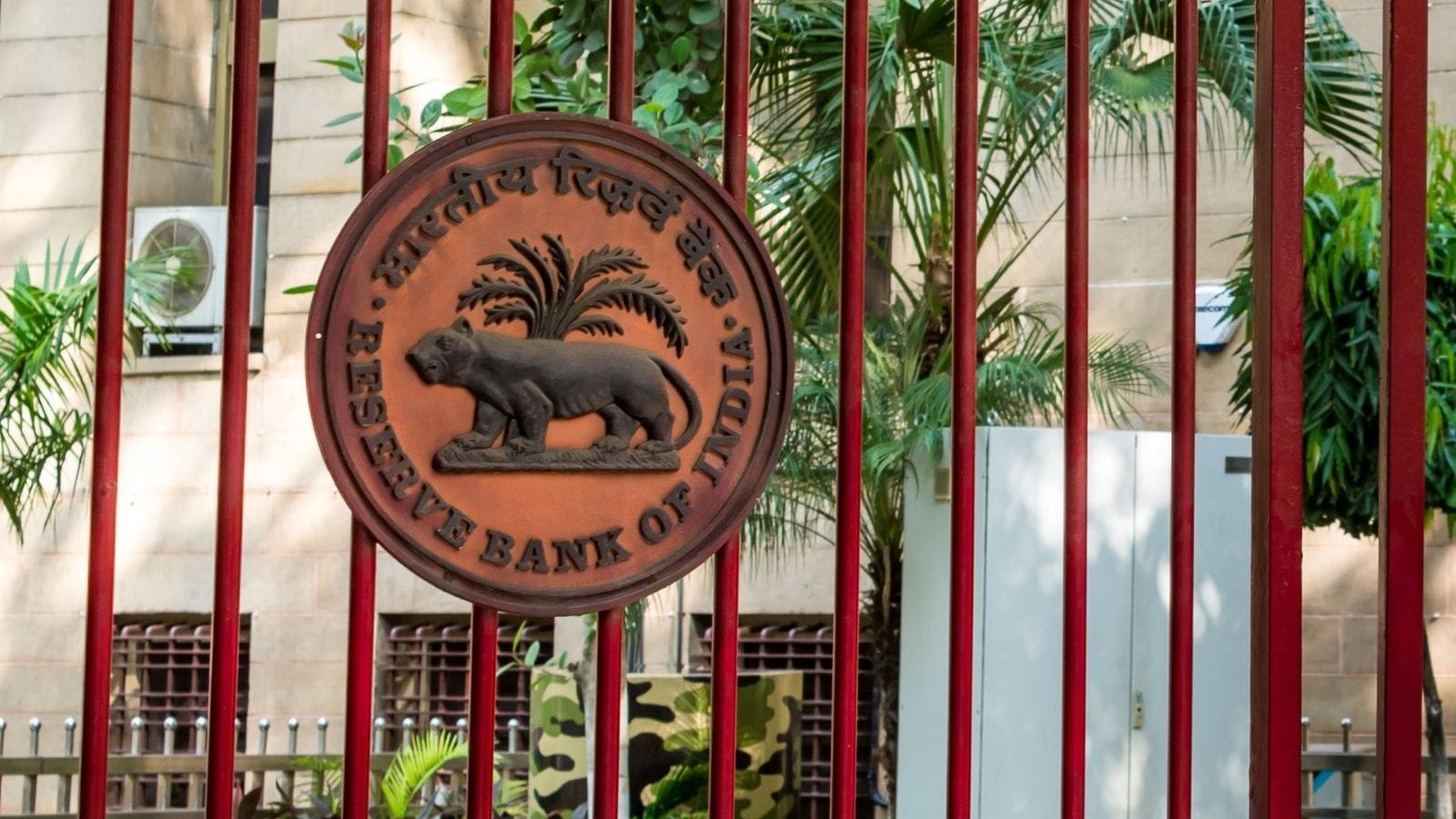Indian Economy Witnesses Gradual Recovery In Q1; War in Europe Casts Shadow On Outlook: RBI
The Reserve Bank of India (RBI) on Thursday said the Indian economy has witnessed a gradual but uneven recovery in the June 2022 quarter. It added that corporate sales and profitability have also risen, while a durable commencement of the capital expenditure (capex) cycle remains elusive.
“In the Indian economy, high-frequency indicators point to a gradual but unevenly strengthening recovery in the first quarter of 2022-23, in spite of headwinds from the geopolitical situation, elevated commodity prices, especially of crude oil, and volatile financial conditions, as global spillovers endeavour to unsettle domestic financial markets with bouts of turbulence,” the RBI said in its ‘Financial Stability Report, June 2022’ released on Thursday.
It added that market risks are rising as spells of volatility are unleashed by foreign portfolio investment outflows and the sharp appreciation of the US dollar. Bank credit growth is picking up steadily, already clocking double digits. Banks have also bolstered capital and liquidity positions while asset quality has improved. Non-banking financial companies (NBFCs) remain well capitalised.
The report said, “The Indian economy appears to have weathered the third wave of the pandemic associated with the Omicron variant, although the war in Ukraine is now casting a long shadow on the outlook. While the end-May 2022 data release of the National Statistical Office (NSO) points to real GDP and major supply side categories in 2021-22 exceeding their pre-pandemic 2019-20 levels, high-frequency indicators present a mix picture.”
The RBI added that urban demand appears to be on a firmer footing than rural demand, although the outlook for the latter is brightening with the prospects of a normal south-west monsoon predicted by Indian Meteorological Department (IMD) and Skymet.
The central bank said, “Scheduled commercial banks (SCBs) maintained robust capital positions, with the Capital to Risk Weighted Assets Ratio (CRAR) and Common Equity Tier 1 (CET-1) Ratio of SCBs as high as 16.7 per cent and 13.6 per cent, respectively, in March 2022, and improving returns on assets (RoA) and returns on equity (RoE).”
The RBI also said SCBs’ gross non-performing assets (GNPA) ratio slipped to a six-year low of 5.9 per cent and net non-performing assets (NNPA) ratio fell to 1.7 per cent in March 2022. The provisioning coverage ratio (PCR) increased to 70.9 per cent in March 2022 from 67.6 per cent in March 2021.
“Macro-stress tests for credit risk reveal that SCBs are well-capitalised and all banks would be able to comply with the minimum capital requirements even under adverse stress scenarios. The CRAR of urban co-operative banks (UCBs) rose to 15.8 per cent in March 2022 while that of NBFCs stood at 26.9 per cent,” the report said.
On the assessment of risks in the system, the report said that in the latest systemic risk survey (SRS) conducted by the RBI in May 2022, global spillovers and financial market volatility moved to the ‘high’ risk category.
“Global growth uncertainty, commodity price movements, geopolitical conditions and monetary tightening in AEs were perceived to be the major drivers of global risks. Macroeconomic, institutional and general risks were perceived as ‘medium’. Nearly eighty per cent of the respondents judged that the prospects of the Indian banking sector are likely to improve or remain unchanged over a one-year horizon,” the RBI added.
Read all the Latest News , Breaking News , watch Top Videos and Live TV here.
For all the latest business News Click Here

